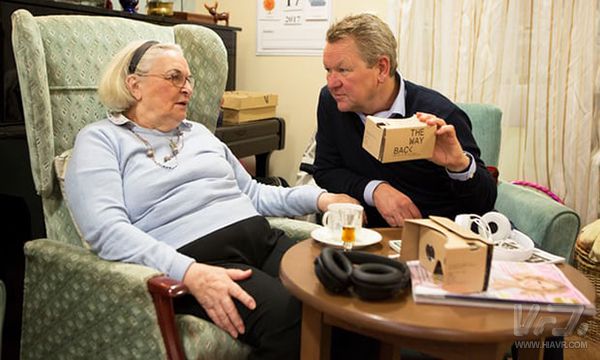
Lying in a comfortable armchair with a Shirley glass next to it, Elspeth Ford held VR glasses on her head in both hands and whirled around looking around.
Elspeth, 79, has been living and nursing in an Alzheimer's care home. Today, she was fortunate to become a tester in Wayback, a VR program specifically for patients with Alzheimer's disease. In her VR headshot, Elspeth was sent back to June 2nd, 1953, in a revelry of the Queen's coronation ceremony. The cross-dressing contest on the street made her ecstatic. She said: "I like the boy dressed as a building block."
This VR movie will be the first in a series of virtual reality movies with historical moments. Older people can use a mobile phone and a simple pair of VR glasses for free. The project was initiated by creative creators of dementia patients in the three families, but it was of great significance to Elspeth's daughter Camilla Ford. She said: "This project has brought great happiness to her mother and greatly relieved her anxiety. Dementia can make the elderly weak, and we always need to think of ways to ease the symptoms of our parents at all times. When Elspeth was immersed in it, it helped her recall those beautiful memories, and her emotions were fully satisfied."
Elspeth has been suffering from vascular dementia for seven years. Instead of staying in the present state, it is better to help her return to somewhere in her memory. Camilla said: "If she is in a place where she can give her a sense of belonging, and we can also see that it may be helpful to some extent, but we are not trying to create memory fragments, but to inspire older people." Positive emotions accompany her mother to pick up hope again."
Then when Elspeth had lunch with her grandson Dominic, his face remained smiling. "Maybe my mother has forgotten what made her so happy, but what's important is that she feels excited. As for what is not important," Camilla said.
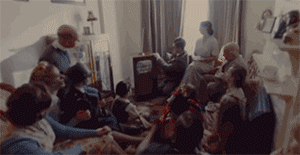
Dan Cole, one of Wayback's founders, also agrees. "If this movie can help people to open a memory, start a conversation or just bring a smile, then it is successful and meaningful." The idea is that Dan is After his father developed Alzheimer's disease, he came up with it. “At that time, he could still identify places where he used to go regularly, tell me some stories, where he even drank alcohol or which friend died. At that time, his mind was very clear and his memory was very clear.â€
Illnesses have a great influence on my father's emotions, and exchanges with Dan are also diminishing. “This project can help you think of something by returning to the past. Perhaps the fragmentation of these memories can be used as a starting point for communication and sharing.†The VR film was shot on a street in the north of London. There were 187 other than the staff. Volunteers, for which they all carefully selected all props, costumes and other things. Unfortunately, Dan's father left him three years ago, and what Dan could finally do was select his father's favorite Lambeth Walk created by Frankie Laine and Guy Mitchell as background music for this movie.
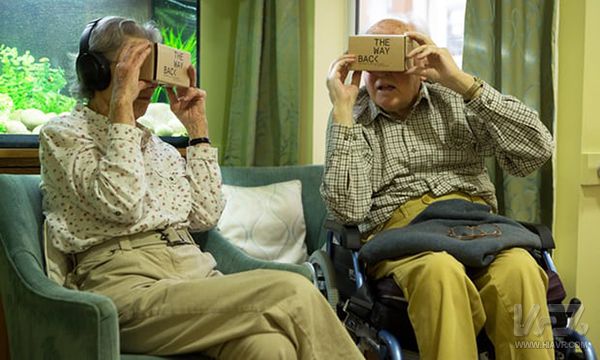
The movie also made Ronald, 89, and Anne, 84, laugh. "It's really interesting, as if it puts me in the party," said Ronald, while Anne was walking alongside the music and told Sarah Hoare, a care worker, "I was with my parents. The Scottish crowning ceremony I watched with my sister at home, I remember that it was my family's first TV set and it was also my parents' wedding anniversary. That day was really festive."
Hoare believes that Anne's performance fully reflects the potential of VR technology. "She was relaxed and enjoyed her life. It was completely beyond her own ability. It was the first time I saw her laughing so happy."

The concept of this nursing home was proposed by Wayback's supporter and dementia expert Dr. David Sheard. He said: "People with dementia tend to be more sensitive than normal people. Turning back in time can provide them with complete long-term memory, and they can release their joyful emotions." As Wayback's name did, "walk back" gave They renewed their chances in the present and they also allowed emotions to be recognized.
Memories, music, photos, props, or role plays are all good patterns of care for Alzheimer's disease. Sheard believes that VR technology will be the best tool to integrate the above methods.
“For people with dementia, the biggest problem they face is losing their self and feeling disconnected with the outside world. Many years ago, people always talked about these things, but how can we put a person into the mind? What's the missing piece to put back in?†Sheard said, the best dementia care is to get the patient back in time to understand the present. The emotions produced by a period of experience can influence people's thinking and behavior for a long period of time.
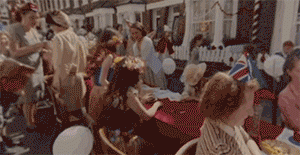
Now it's time to turn 93-year-old Daphne Padfield to experience this VR movie. "I really think I was there right then." She exclaimed when the film ended. "I'm sure I was there. My mother and my sister were dressed in new clothes and sat in good positions in the front row. I will never forget that this day will always be in my memory!" Daphne was happy She recalled her past.
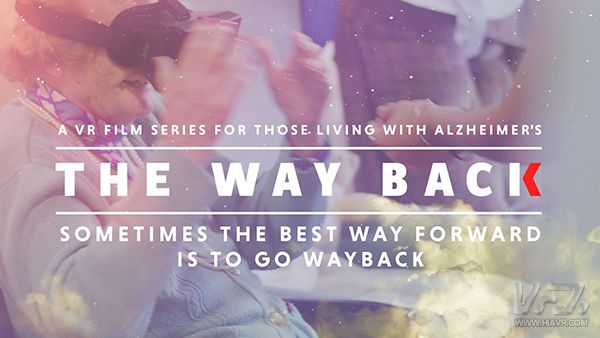
As mentioned in the above picture, for those with dementia, "Sometimes it takes time to live better now." VR technology gives people the door to free time, but it is still more helpful. . Whether or not he suffers from dementia, Xiao Bian appeals to everyone here to stay with his family and the elderly. After all, time will not really return.
This article is original by VR net, please indicate VR net and chain back.
Round Led Display,Custom Shape Led Screen,Custom Led Screen,Custom Size Led Screen
ShenZhen Megagem Tech Co.,Ltd , https://www.megleddisplay.com